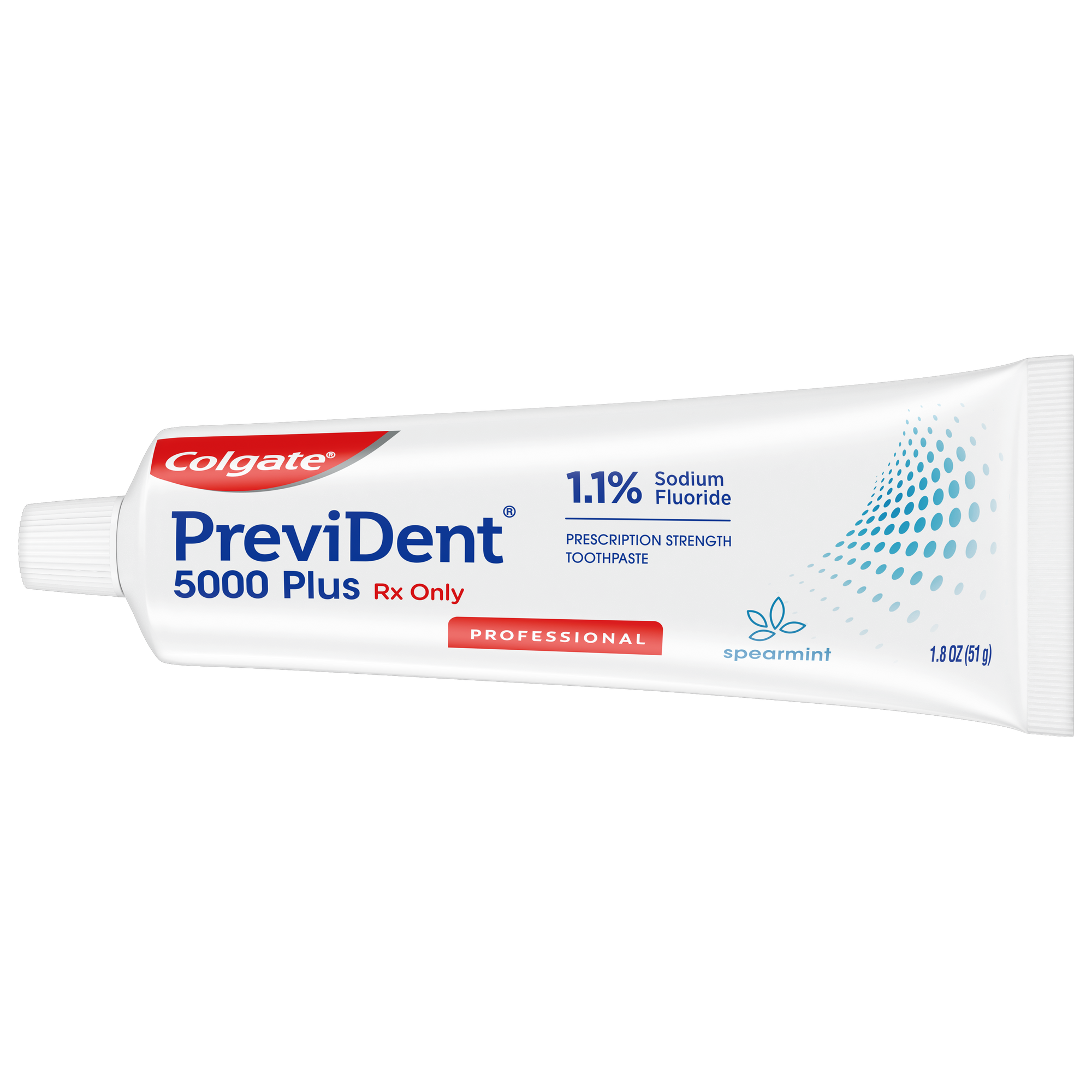What Are Canker Sores?
Canker sores are small, round, white lesions that can appear inside the cheeks, on the top or bottom of the tongue, on the gums, on the soft palate and inside the lips. Also known as aphthous stomatitis or aphthous ulcers, you may have several canker sores throughout your life. An outbreak of sores usually lasts seven to 10 days, but it may take up to three weeks for it to completely heal, according to the National Institutes of Health. Canker sores can appear as a single ulcer or as clusters. Sometimes, groups of lesions join to form one big ulcer over the course of the outbreak.
Canker sores are often confused with cold sores, but aphthous ulcers are not caused by a virus and are not contagious.
Can You Use Hydrogen Peroxide on Canker Sores?
Yes, you can use hydrogen peroxide on a canker sore. A review in the Journal of Pharmaceutical Sciences and Research advises mixing a solution composed of half hydrogen peroxide and half water. (Take special care to not swallow the solution.) You can dab the solution on your canker sore with a cotton swab, and then follow with applying a small amount of Milk of Magnesia. You can repeat this process three or four times a day. Hydrogen peroxide is an antiseptic, meaning that it may reduce the amount of bacteria around your canker sore. Milk of Magnesia acts as a pain reliever and may help your sore heal faster.
What Else Can You Do About Canker Sores?
If you don't have hydrogen peroxide in your medicine cabinet, there are other over-the-counter remedies may help ease the discomfort of a canker sore. Deutsches Arzteblatt International notes that common remedies for mouth ulcers include antiseptics, anti-inflammatory medications and topical agents that numb the mouth. The Penn State Hershey Medical Center recommends avoiding spicy or hot foods to avoid causing pain while a canker sore heals. You should also continue flossing and brushing your teeth at least twice daily and keep the area around the sore clean.
In some cases, you may not be able to avoid canker sores. The Journal of Pharmaceutical Sciences and Research reports that about 40 percent of people have a family history of getting canker sores, meaning that genetics may play a role. Other factors that may be responsible for these painful mouth sores are:
- Hormone fluctuations
- Stress
- Medication side effects
- A poor diet that's deficient in iron and certain vitamins
- Mouth injuries, such as from ill-fitting dentures or a graze from a hard-bristled toothbrush
Consult your physician and dentist for advice on how to prevent canker sores. For example, you may be able to work with your doctor to establish a well-rounded diet and your dentist can adjust the fit of your dentures. If a canker sore or any oral lesion lasts longer than two weeks or interrupts normal daily activities, visit your dentist or doctor for a full diagnosis.
This article is intended to promote understanding of and knowledge about general oral health topics. It is not intended to be a substitute for professional advice, diagnosis or treatment. Always seek the advice of your dentist or other qualified healthcare provider with any questions you may have regarding a medical condition or treatment.
ORAL HEALTH QUIZ
What's behind your smile?
Take our Oral Health assessment to get the most from your oral care routine
ORAL HEALTH QUIZ
What's behind your smile?
Take our Oral Health assessment to get the most from your oral care routine















